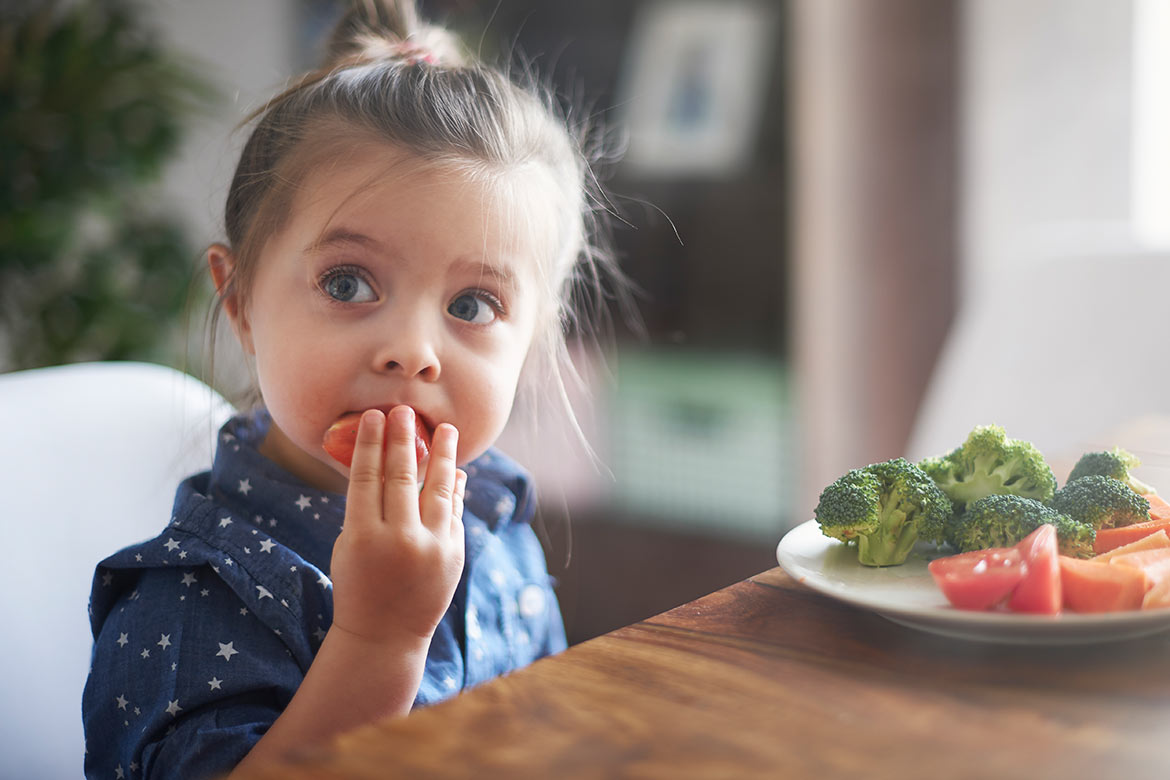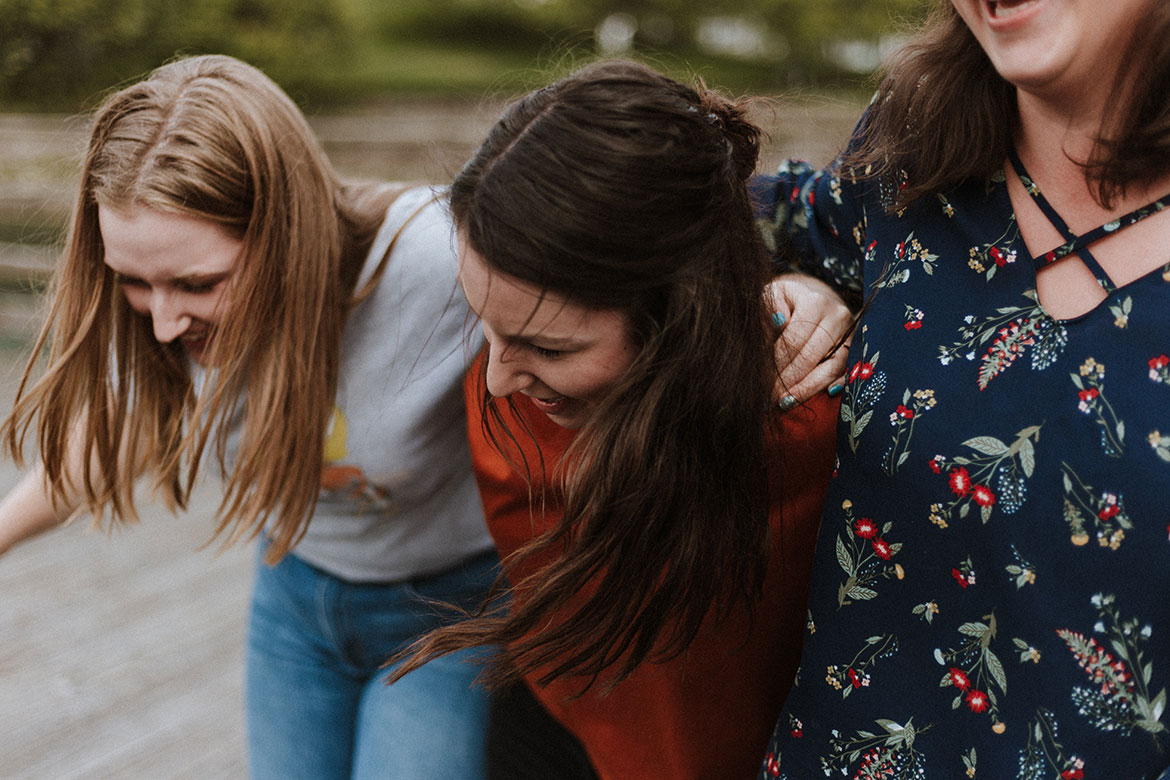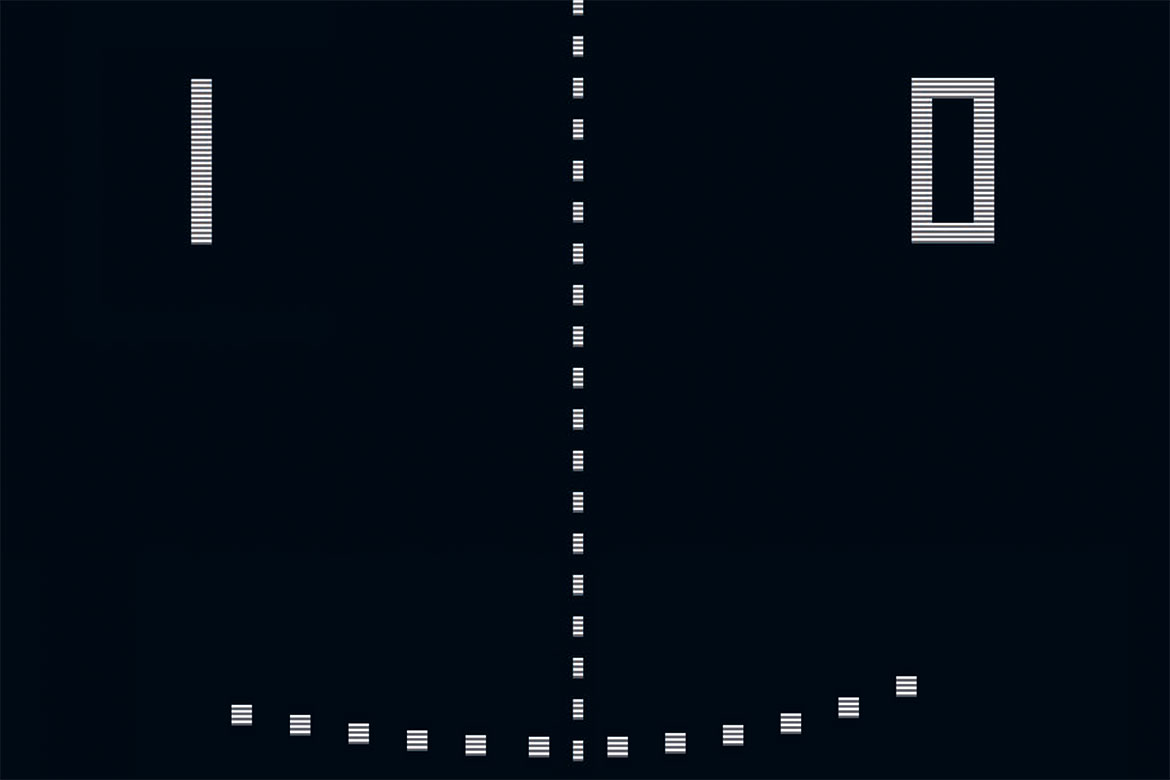Parents, kids and privacy on the Net
Parents may receive harsh criticism if they share photos of their kids on the Internet. But a study has now shown that they are actually careful in what they do, and are developing strategies to protect the private sphere of their children.

Unrecognisable – how parents put their kids on display (or not). | Image: shutterstock.com
Bad parents put photos of their kids on the Internet. Good parents don’t – not even the nice photos. That’s how the media scientist Ulla Autenrieth from Basel sums up the current discourse on so-called ‘sharenting’ – when parents share photos of their children on the Internet. Nevertheless, droves of parents do it. There are both mothers and fathers who put photos of their kids on Facebook, for example. Do they all do this without thinking of the possible negative consequences? Autenrieth has been investigating this topic, and has reached a different conclusion.
In the course of her study, Autenrieth interviewed 52 parents of young children. She also evaluated the kids’ photos that her participants put on Facebook. Her survey revealed that these parents were well aware of the risk that such photos could fall into the hands of paedophiles, or that Facebook could appropriate their images for marketing purposes. The ‘biographical footprint’ of children on the Internet could also end up containing unfavourable photos. For this reason, many parents only put photos on the Internet in which their children are as unrecognisable as possible – taken from behind, for example, or from a great distance. Autenrieth calls this practice ‘anti-sharenting’. “In terms of photographical history, it’s an interesting development”, she says. “In our digital age, we’re concerned with ‘not showing’. That’s a paradigm shift”.
Autenrieth has found that parents don’t put photos of their children on social networks without taking due care. “These parents have also been strongly influenced by the media discourse. They are very concerned about it, even when sharing photos on which you can’t recognise their children”, she says. For this reason, she is in favour of a more differentiated discourse in society that doesn’t simply demonise parents, the moment they share family photos on the net.
U. Autenrieth: Family photography in a networked age: Anti-sharenting as a reaction to risk assessment and behaviour adaption. Nordicom (2018)




